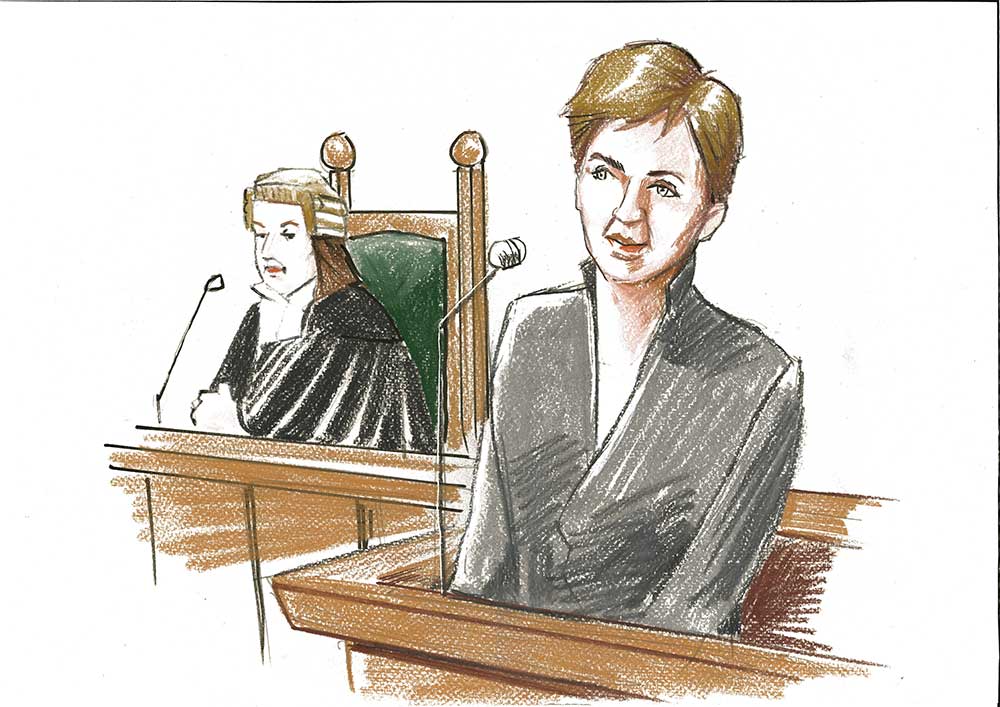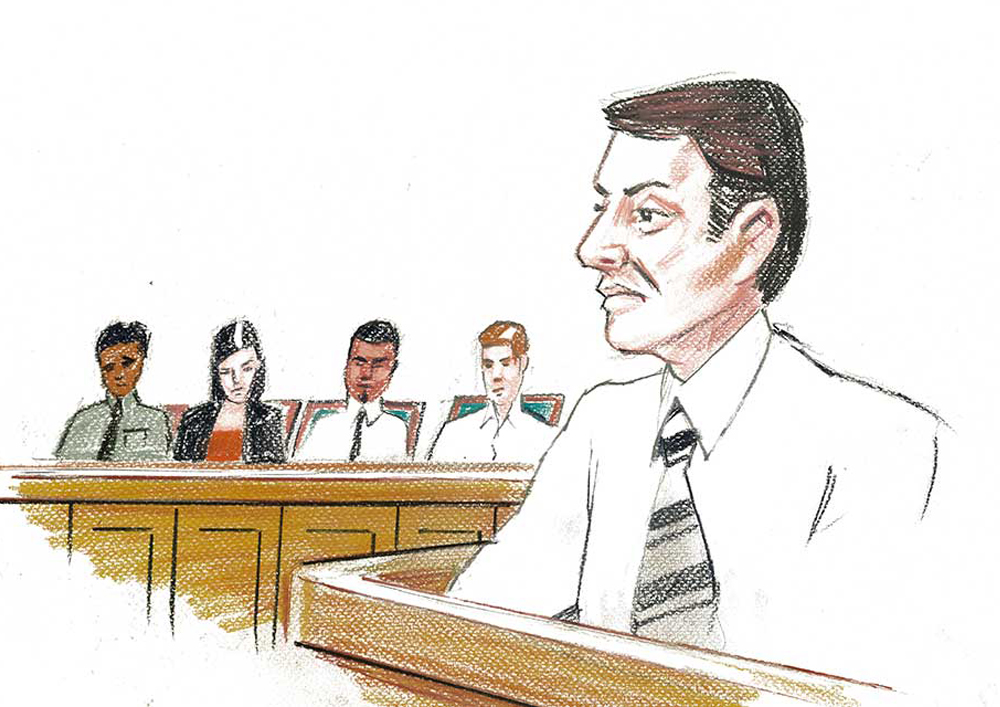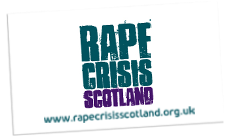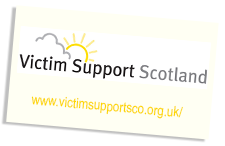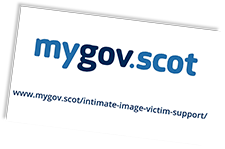

Evidence
- Intimate film
- Jamie's phone
- Hayley's phone
- Police interview with Jamie
- Statement from Hayley
- Statement from Hayley's sister
- Post-it note

Victim: Hayley
Perpetrator: Jamie
Threatening to share intimate film without consent.
Background - Hayley and Jamie met at school – their friends and family would describe them as ‘childhood sweethearts’. The couple are now in their early forties, married and have two kids and another on the way.
The couple have separated several times during their marriage. Jamie has cheated on Hayley on multiple occasions, and Jamie is also believed by Hayley’s sister and close friends to be abusive.
On July 4, Hayley approached the Police to report Jamie had threatened to share an intimate film online that the couple taken together consensually a couple of years ago.

EVIDENCE
"I’d like to report my husband Jamie. He's threatening to share a private film that we had taken a couple of years ago. He's only doing this because I want to leave him.
Since we took the film, Jamie has cheated on me… yet again … and I have asked him for a divorce. He didn’t take it well and has threatened to share our private film with my sister... maybe put it online as well. I’m scared to speak to you as I’ve got two kids to look after, and another on the way, but I don’t know what else to do. I never consented for the film to become public, I didn't think a person I trusted was capable of something like this. He's a monster!"
Hayley - Victim Statement

VERDICT
Jamie was found guilty and sentenced for causing distress by threatening to share an intimate film of his wife without consent.
"All the support I’ve received throughout the process gave me the strength I needed to come forward with everything that has been happening to me."
Statement from Hayley

Support
Hayley accepted the referral to a local Women’s Aid group, who gave her support throughout her trial and after her decision to leave Jamie. Victim Support's Witness Service also gave her support in court around giving evidence and she has also been offered counselling and support from Rape Crisis Scotland.
If you are a victim of non-consensual sharing of intimate images then please don’t hesitate to report it to the police or a support organisation. It’s your right to seek out support and it’s your right to be safe. It’s important to remember that you’re not to blame and you’re not alone.




